What is Bitcoin Cash? | Mt. Gox Refunds Explained
The Mt Gox refunds are the talk of the town, but why are some people being refunded in Bitcoin Cash?
In this article...
- Bitcoin cash is a Bitcoin alternative created for faster, cheaper transactions.
- Failed exchange Mt Gox is now refunding people's Bitcoin
- Bitcoin Cash is also being refunded, sending the price of Bitcoin Cash down.
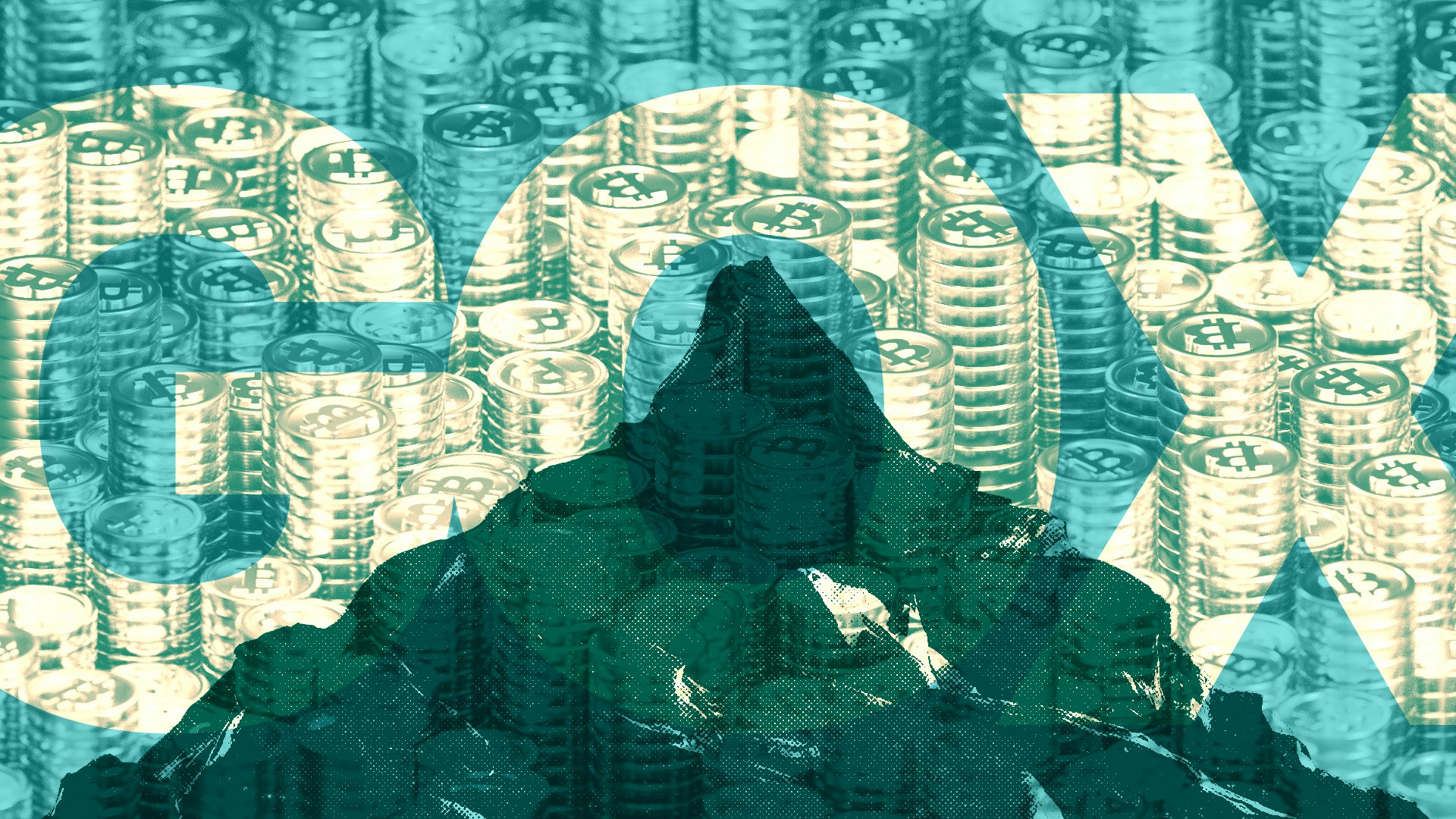
What is Bitcoin Cash (BCH)? In a nutshell, it is a Bitcoin alternative created for faster, cheaper transactions. People getting crypto back from Mt Gox are being refunded in Bitcoin and some will get Bitcoin Cash. While most people understand Bitcoin, some people are asking, 'what is Bitcoin Cash?'
Let's find out about Mt. Gox refunds in BCH and the differences compared to getting a refund in Bitcoin (BTC).
##Latest news about Mt Gox
The reason why some Mt. Gox creditors will be refunded in both Bitcoin (BTC) and Bitcoin Cash (BCH) is because of the Bitcoin Cash hard fork that occurred in August 2017.
The hard fork split the Bitcoin blockchain into two separate chains: Bitcoin (BTC) and Bitcoin Cash (BCH). Anyone who held BTC in a Bitcoin wallet that supported the fork (at the time of the fork) received an equivalent amount of BCH in a new wallet.
Since Mt. Gox held a significant amount of BTC when the fork happened, they also received a corresponding amount of BCH. This is why they're now able to offer some creditors the two cryptocurrencies.
What is Bitcoin Cash (BCH)?
Bitcoin Cash (BCH) is a cryptocurrency that emerged from a 2017 "hard fork" of the original Bitcoin blockchain. This division stemmed from disagreements within the Bitcoin community about how to scale the network and increase transaction capacity.
Why Bitcoin Cash? The scalability debate
Bitcoin's original design limited block sizes to 1 megabyte, which restricted the number of transactions it could process per second. As Bitcoin's popularity grew, transaction fees soared and confirmation times lengthened, hindering its use as a day-to-day currency.
Bitcoin Cash proponents argued for increasing the block size to accommodate more transactions, resulting in lower fees and faster confirmations. This approach aimed to fulfill Bitcoin's original vision as a peer-to-peer electronic cash system.
Differences between Bitcoin Cash (BCH) and Bitcoin (BTC)
Block Size: BCH has a larger block size (initially 8 MB, later increased), allowing it to process more transactions per second than BTC.
Transaction Fees
BCH transactions are generally cheaper than BTC transactions due to the increased block size.
Confirmation Times
BCH transactions typically confirm faster than BTC transactions.
Community and Development
BCH has a distinct community and development team focused on its specific goals.
Who uses BCH?
-Individuals: Those seeking a faster, cheaper way to send and receive money online.
-Merchants: Businesses accepting BCH as payment due to its lower fees and quicker transaction times.
Developers: Those building applications and services on top of the BCH blockchain.
Mt. Gox refunds: BCH option
The infamous Mt. Gox exchange, once the largest Bitcoin exchange, collapsed in 2014 after a major security breach and hack. The exchange has been working on refunding its creditors, and Bitcoin Cash will be refunded to those seeking compensation who are eligible.
The future of BCH
BCH continues to evolve and gain adoption. Whether it ultimately fulfills its vision of becoming a widely used digital cash system remains to be seen. However, its role in the Mt. Gox refunds and its ongoing development highlight its significance in the cryptocurrency landscape.
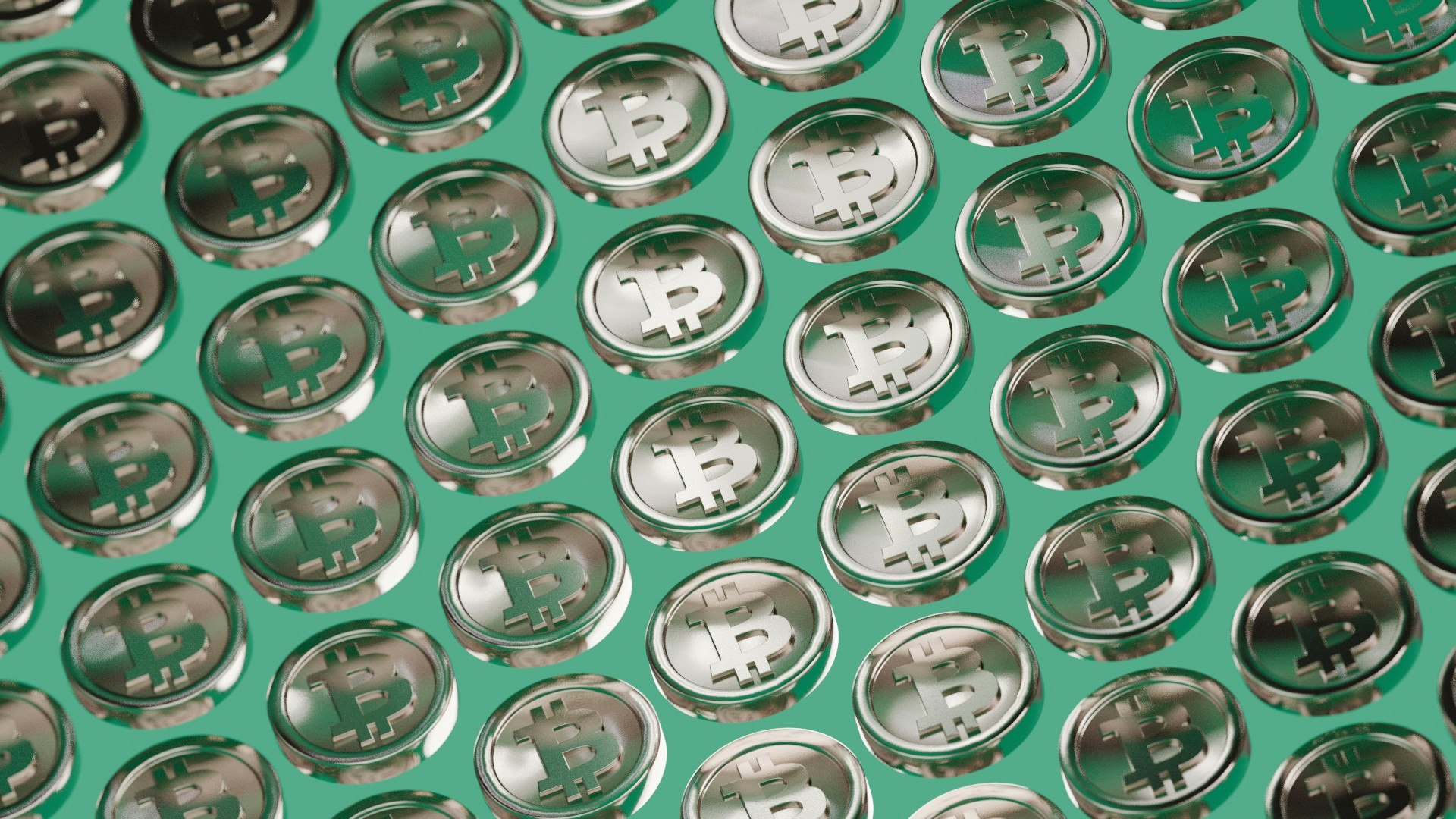
Frequently asked questions
What is Bitcoin Cash (BCH)?
BCH is a cryptocurrency that emerged from a fork of the original Bitcoin (BTC) blockchain in August 2017. It is a peer-to-peer payment system.
The fork was driven by disagreements within the Bitcoin community about the block size limitation and the best way to scale the network to accommodate more transactions.
Why was BCH created?
BCH was created to fulfill the original vision of Bitcoin as peer-to-peer electronic cash. BCH supporters believed that increasing the block size would allow for faster, cheaper transactions, making BCH more suitable for everyday use as a digital currency.
How is BCH different from Bitcoin?
The primary difference is the block size. BCH increased the block size from 1MB (in Bitcoin) to 32MB initially, later upgraded to 128MB.
This allows BCH to process more transactions per block, potentially leading to lower fees and faster confirmation times.
What is the role of Bitcoin miners in BCH?
Bitcoin miners are essential to the BCH network. They use their computing power to validate and record transactions on the Bitcoin Cash blockchain. In return for their work, miners receive block rewards in the form of newly minted BCH coins.
How is BCH related to Satoshi Nakamoto's vision?
Bitcoin Cash proponents argue that their approach of increasing the block size aligns more closely with Satoshi Nakamoto's original vision for Bitcoin as a peer-to-peer electronic cash system, as outlined in the Bitcoin whitepaper.
Is BCH listed on cryptocurrency exchanges?
Yes, BCH is listed on major cryptocurrency exchanges, allowing users to buy, sell, and trade BCH with other cryptocurrencies like Bitcoin (BTC) or with traditional currencies like the US dollar.
What is the maximum supply of BCH?
Like Bitcoin, BCH has a maximum supply of 21 million coins. This scarcity is built into the protocol and helps to maintain the value of the cryptocurrency over time.
How does BCH relate to Bitcoin SV (BSV)?
Bitcoin SV (BSV) is another cryptocurrency that forked from Bitcoin Cash in November 2018. While both BCH and BSV aim to provide a scalable peer-to-peer electronic cash system, they have different technical approaches and communities.
What is the future of Bitcoin Cash?
The future of BCH, like any cryptocurrency, is uncertain. However, it continues to be actively developed and used, with a focus on becoming a widely adopted digital currency for everyday transactions.
How does Bitcoin Cash work?
Like Bitcoin, Bitcoin Cash uses proof of work to validate transactions and secure the network. Miners compete to solve complex mathematical problems, and the first to find a solution adds a new block of transactions to the blockchain.
Why was BCH created?
Bitcoin Cash was created to address the scalability issue of Bitcoin by increasing the block size limit, enabling faster and cheaper transactions. This change was championed by figures like Roger Ver.
How do Bitcoin Cash transactions work?
You can buy Bitcoin Cash on various cryptocurrency exchanges and trading platforms. Make sure to research and choose a reputable platform to ensure the safety of your funds.
What is the Bitcoin Cash community like?
The Bitcoin Cash community is a vibrant and active group of developers, businesses, and individuals who believe in the vision of BCH as a peer-to-peer electronic cash system.
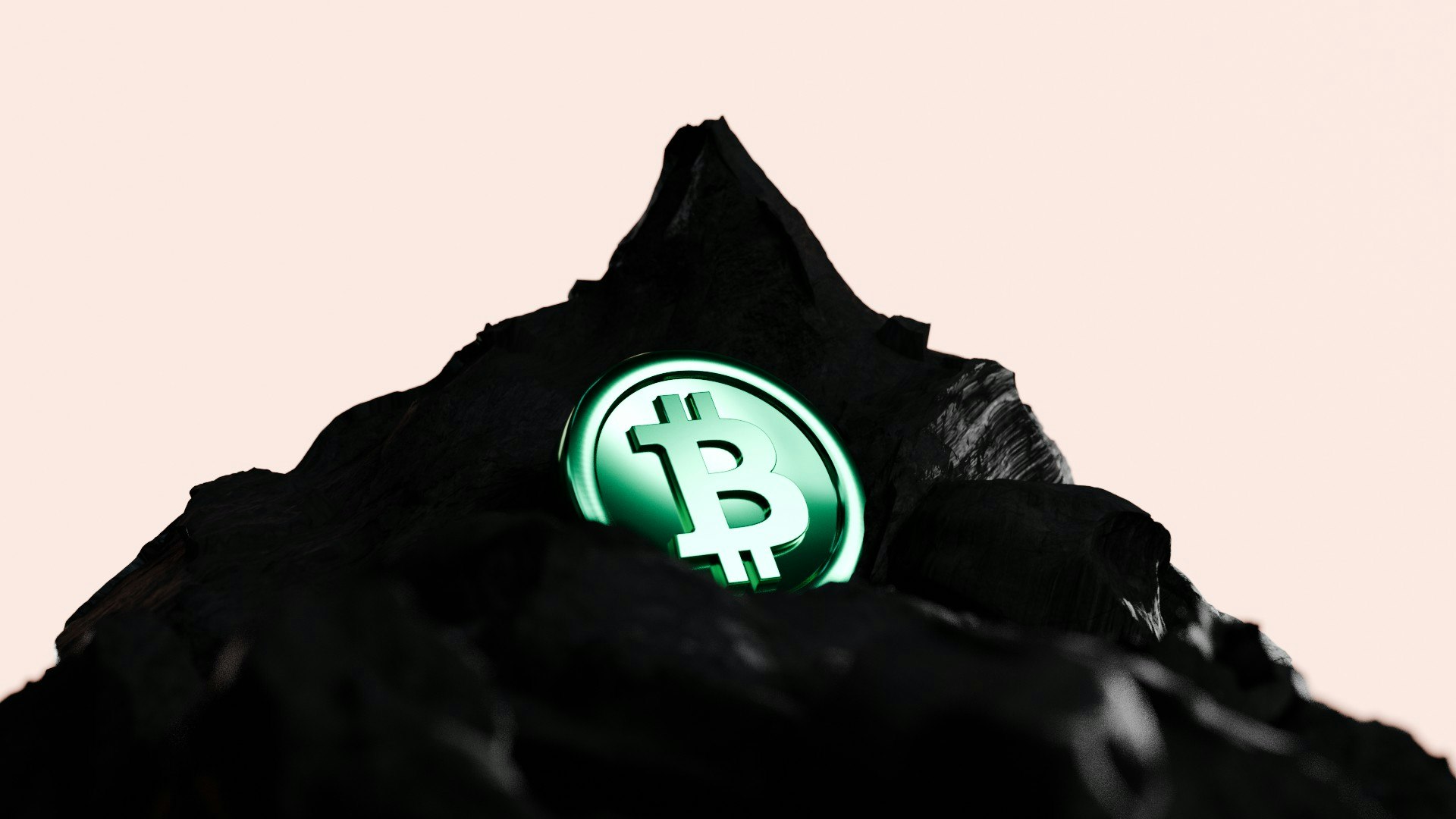

Suggested Articles
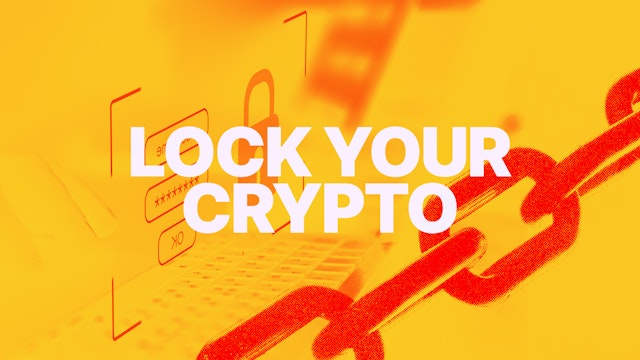
Introducing CoinJar's New “Lock Feature” in Case Something Sus Happens
The Lock feature is here! CoinJar has launched a new feature designed to give you greater control over your CoinJar account security. Read more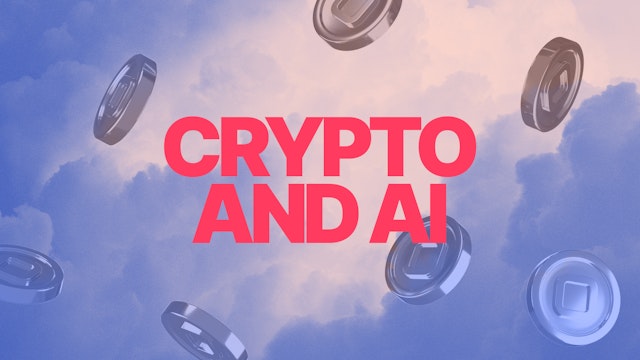
How AI Is Being Used in Cryptocurrency
AI is marching fast into every sphere on the planet, and crypto is no exception. Here are the latest developments in the merging of crypto and AI. Read more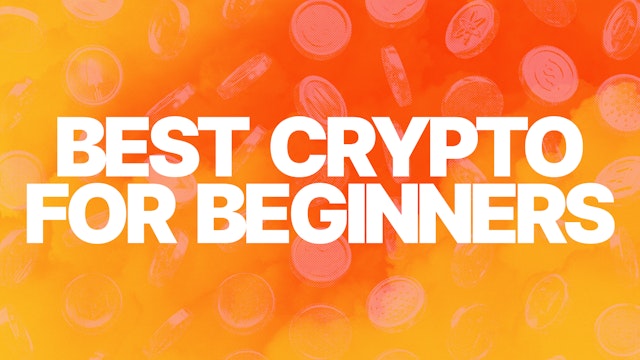
Crypto Comparison: The Best Cryptocurrencies for Beginners
Here are the best cryptocurrencies for beginners, a comparison rated on how easy they are to understand, if they are widely used and other factors important to novices.Read moreBrowse by topic
The above article is not to be read as investment, legal or tax advice and takes no account of particular personal or market circumstances; all readers should seek independent investment, legal and tax advice before investing in cryptocurrencies.
This article is provided for general information and educational purposes only. No responsibility or liability is accepted for any errors of fact or omission expressed therein. CoinJar, Inc. makes no representation or warranty of any kind, express or implied, regarding the accuracy, validity, reliability, availability, or completeness of any such information.
Past performance is not a reliable indicator of future results.
Your information is handled in accordance with CoinJar’s Privacy Policy.
Copyright © 2025 CoinJar, Inc. All rights reserved.
CoinJar, Inc. is a registered Money Services Business with FinCEN and licensed as a money transmitter, NMLS #2492913. For a list of states in which CoinJar, Inc. is licensed or authorized to operate, please visit here. In certain other states, money transmission services are provided by Cross River Bank, Member FDIC.
This site is protected by reCAPTCHA and the Google Privacy Policy and Terms of Service apply.

